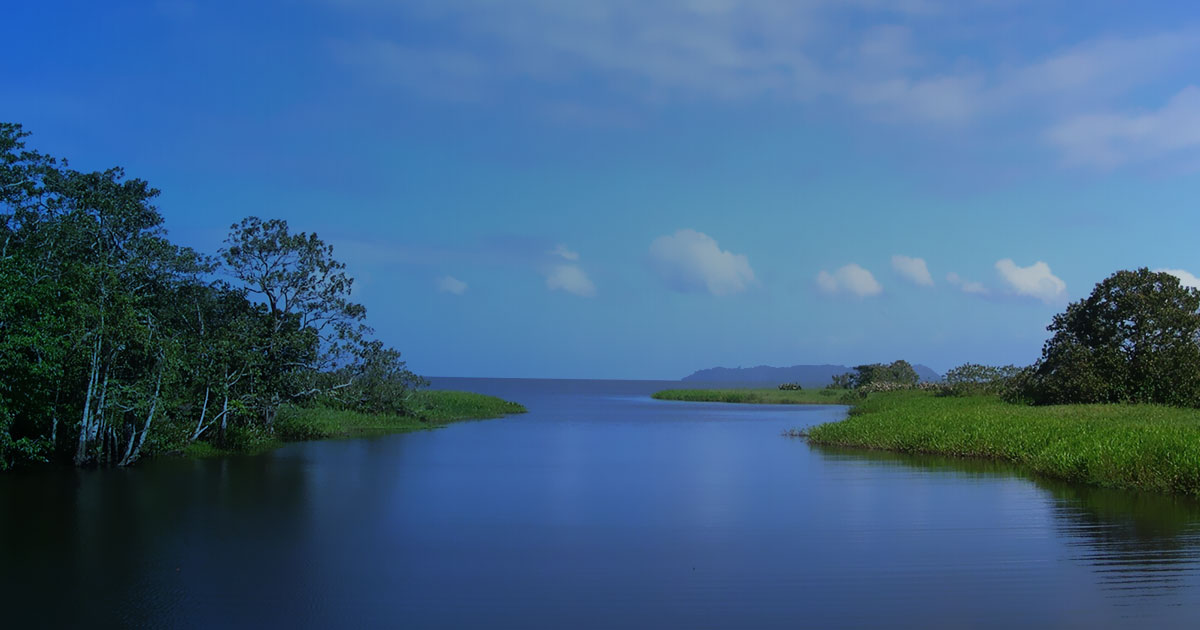
Nicaragua Ratifies Escazú Agreement
Recently, the Government of the Republic of Nicaragua ratified the Regional Agreement on Access to Information, Public Participation and Access to Justice in Environmental Matters in Latin America and the Caribbean, also known as the Escazú Agreement. This Agreement has the objective of guaranteeing the full and effective implementation of the rights of access to environmental information, public participation in environmental decision-making processes and access to justice in environmental matters, as well as the creation and strengthening of capacities and cooperation, contributing to the protection of the right of each person, of present and future generations, to live in a healthy environment and to sustainable development.
The Escazú Agreement is the first agreement in the world to contain specific provisions on human rights defenders in environmental matters. The ratification of this agreement is important for the Republic of Nicaragua because it will allow people to have greater participation in urgent environmental issues such as climate vulnerability, soil erosion and loss of biodiversity. Regarding this last aspect, it is important to highlight that Nicaragua is a country extremely rich in biodiversity, however, it has been affected by different anthropogenic factors.
According to Alicia Bárcenas, Executive Secretary of the Economic Commission for Latin America and the Caribbean (ECLAC), this agreement is a pioneering legal instrument in terms of environmental protection, but it is also a human rights treaty. Its main beneficiaries are the population of our region, in particular the most vulnerable groups and communities. Within its regulations, it is established that the States must:
- Guarantee the right of all people to have access to information in a timely and adequate manner,
- Ensure the right to meaningfully participate in decisions that affect their lives and their environment,
- Guarantee access to justice when these rights have been violated.